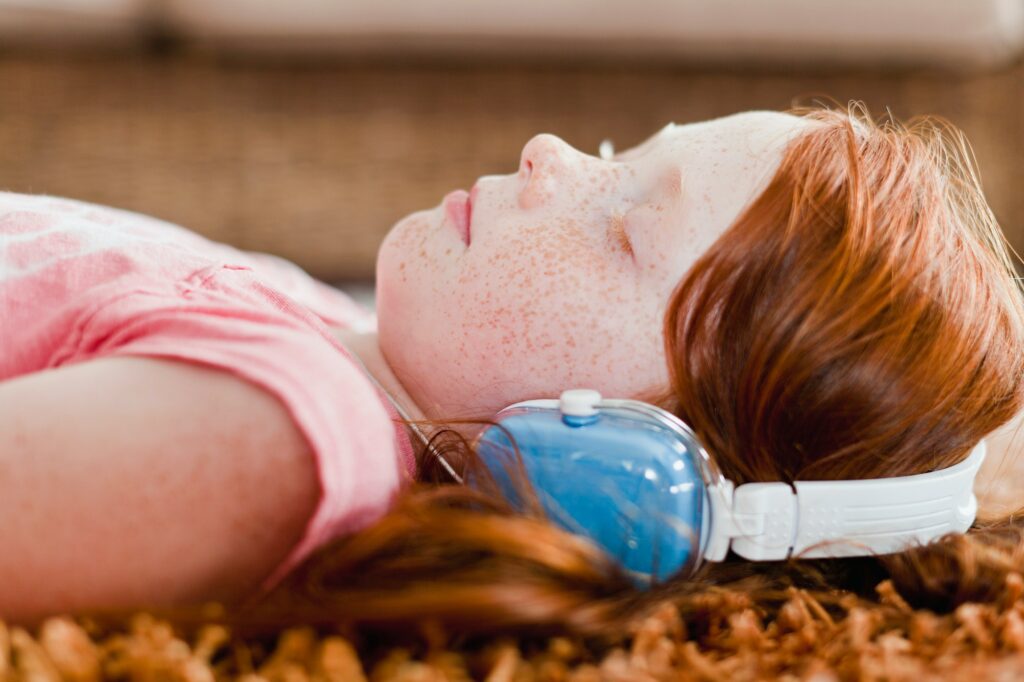Music Therapy

Music Therapy is the skillful use of music and musical elements by a music therapist to promote, maintain, and restore mental, physical, emotional and spiritual health.
“The skillful use of music and musical elements by a music therapist to promote, maintain, and restore mental, physical, emotional, and spiritual health. Music has nonverbal, creative, structural, and emotional qualities. These are used in the therapeutic relationship to facilitate contact, interaction, self-awareness, learning, self-expression, communication, and personal development.”
According to the Canadian Association for Music Therapy
Music therapy has been clinically proven to be invaluable in facilitating communication, physical/cognitive/social development, creativity, and self expression, while enhancing quality of life. Music has nonverbal, creative, structural, cross cultural and emotional qualities.
These are used in the therapeutic relationship to facilitate contact, interaction, self-awareness, learning, self-expression, communication and personal development. The best part is that it is both engaging and rewarding while requiring no musical skills from the client.
MUSIC THERAPY APPLICATIONS AND BENEFITS
Music Therapy programs have been developed for individuals living with:
- Emotional challenges (i.e., depression, stress disorder, anger, behavioural disorders, bereavement, etc.)
- Special needs (i.e., developmentally delayed, autism, down syndrome)
- Mental disabilities
- Brain injury
- Dementia
- Alzheimer’s
- Learning disabilities
- Long term care
- Mental health issues
- Palliative care
Clinically proven benefits of Music Therapy
- Releases stress, helps induce relaxation, reduces anxiety, and elevates mood
- Promotes physical, mental, and emotional healing and rehabilitation
- Works and develops cognitive, auditory and motor (physical) skills
- Allow children and adults of all ages and abilities an alternative means to have a voice about their world and be heard
Music Therapy Interventions (include and not limited to the following)
- Planned, goal orientated activities throughout a session
- Music/Rhythmic regulation & movement
- Music based counseling
- Music improvisation
- Vocalizations to music
- Song writing
- Music relaxation/coping skills
- MIT (Melodic Intonation Therapy) & MMIT (Modified Melodic Intonation Therapy)
HOW TO PAY FOR MUSIC THERAPY/FUNDING
- Personal funding
- BC Ministry of Children and Family Development – Autism Funding
- CKNW Orphans’ Fund
- Squamish First Nations
- President’s Choice Children’s Charity
- KidSport (Tri-city area) (Other BC Residents)
- Variety Club
- Special tax refund for disabilities
- Extended health care coverage/insurance
Special Education Programs that Offer Funding for External Programs

